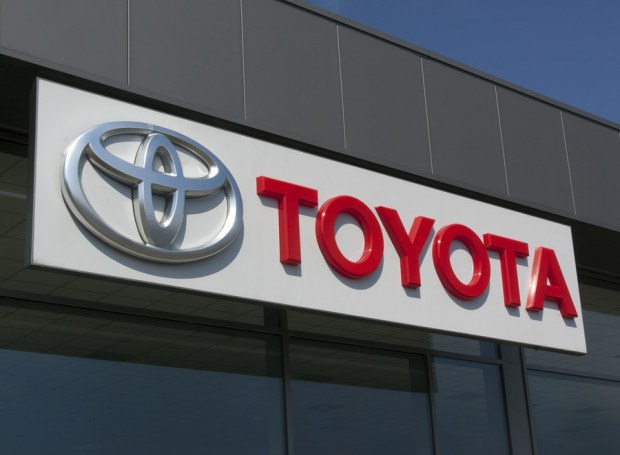Toyota Motor Corp. halted tests of its “Chauffeur” autonomous driving system on U.S. public roads after an Uber Technologies Inc. vehicle operating in autonomous mode under the supervision of a human safety driver struck and killed a woman in Tempe, Ariz., on Sunday evening.
“Because we feel the incident may have an emotional effect on our test drivers, we have decided to temporarily pause our Chauffeur mode testing on public roads,” spokesman Brian Lyons said in an emailed statement, referring to its hands-off testing mode. The carmaker said it could not speculate on the cause of the crash or what it may mean to the future of the nascent automated driving sector.
Toyota had been doing on-road testing with self-driving vehicles in Michigan and California, Lyons said. The company has kept the number of vehicles small so they could be rapidly updated as the technology advances, he said, declining to name a specific number of self-driving vehicles in operation.
Prior to the incident, Toyota had been working on a plan to team up with Uber on autonomous driving. Dara Khosrowshahi, chief executive officer of Uber, posted a photo on Twitter with Toyota President Akio Toyoda at the automaker’s headquarters last month, though details on the collaboration have been slim.
Lyons said Tuesday that its self-driving unit, Toyota Research Institute, “does not have first-hand information on the tragic traffic fatality.” A Toyota spokesman said last week the automaker hadn’t yet decided whether to buy Uber’s driverless-car software.
Representatives for Nissan Motor Co. and Honda Motor Co. declined to comment on the Arizona accident.
Nissan has this year tested an autonomous ride-hailing service on public roads in Japan and aims to officially start the “robot taxi” rides in the early 2020s. The company’s testing protocol includes a trained safety driver at the controls constantly engaged with the vehicle and a test engineer in the rear seat to operate the system, spokesman Nicholas Maxfield said by email on Tuesday.
Besides Japan, Nissan also tested autonomous vehicles on public roads in Europe and the U.S. The carmaker is aiming to introduce fully autonomous cars to the market in 2022.
Honda Motor Co. has been talking to Waymo, the autonomous driving unit of Alphabet Inc., for a deal that would put its self-driving technology into some of the Japanese automaker’s cars. The carmaker is also doing tests at its own courses in Japan, targeting to introduce autonomous vehicles to the market by 2025.





















 From Skill to System: The Next Chapter in Insurance Claims Negotiation
From Skill to System: The Next Chapter in Insurance Claims Negotiation  Teens’ First Year on the Road Most Deadly
Teens’ First Year on the Road Most Deadly  10 Do’s and Don’ts of a Smart ORSA Report
10 Do’s and Don’ts of a Smart ORSA Report  Large Scale Cargo Ring Busted in LA, $5M Recovered
Large Scale Cargo Ring Busted in LA, $5M Recovered 






